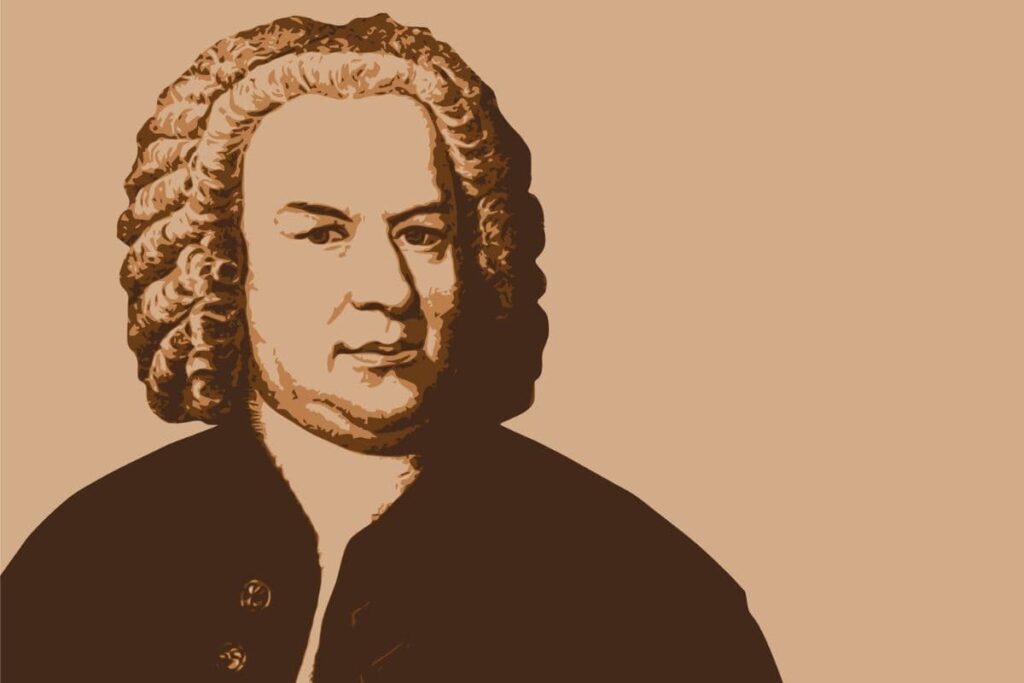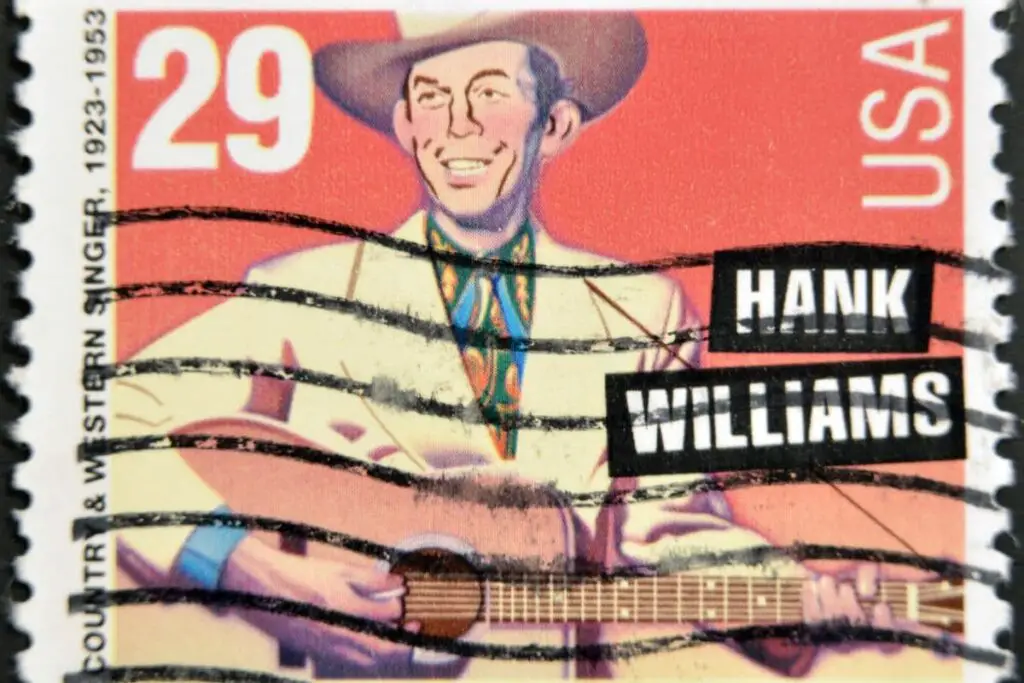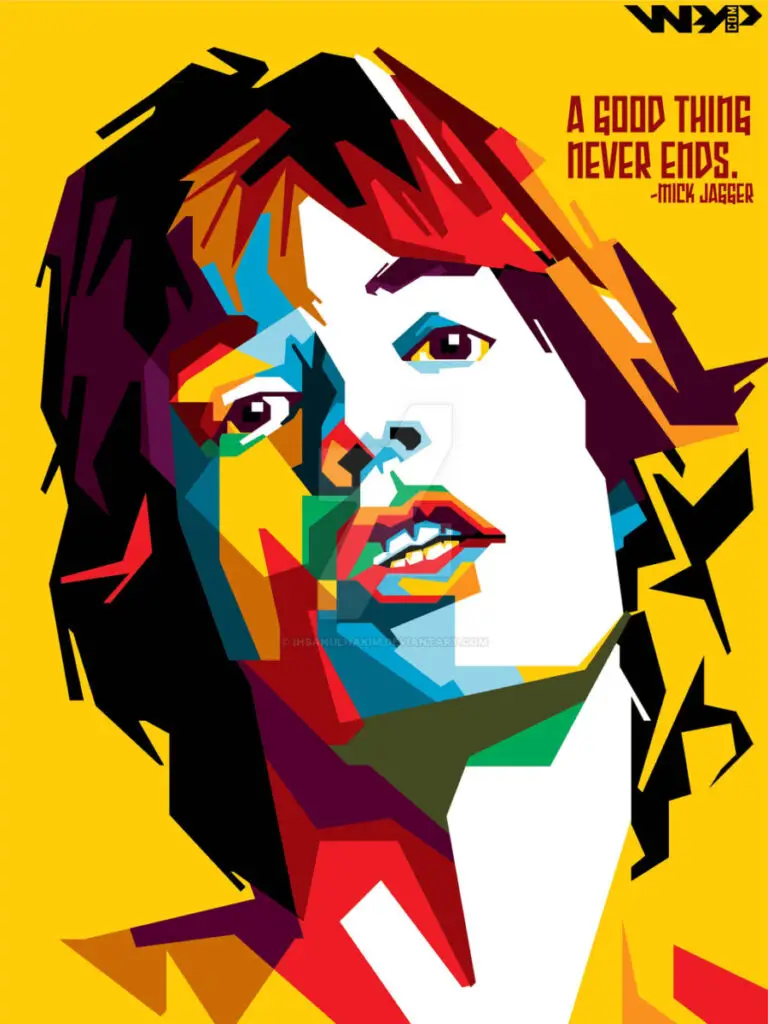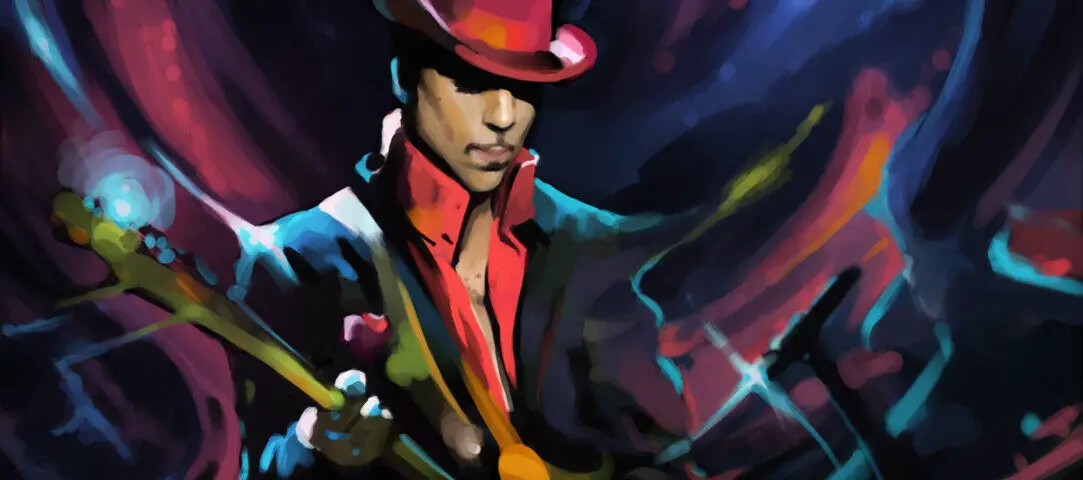|
Getting your Trinity Audio player ready...
|
The greatest music legends of all time come to us from all genres and time periods. Formal Western Classical music has masters like Beethoven, Bach, and Mozart. But this is just one genre, and it doesn’t account for the legends of Opera, Blues, Jazz, and others.
The greatest music legends of all time include Bach in Western Classical music and Pavarotti in Opera. In the Blues, Robert Johnson is an undisputed legend. John Prine and Hank Williams are legends of Folk and Country music, respectively. While Prince is among the greats of Rock music.
Separating a music legend from other artists who are very good isn’t a straightforward task, and is unscientific. It is inevitably subjective and a matter of opinion.
Read on to learn what makes a musician one of the greatest music legends of all time, and learn about a few legends across several genres of music.
So, What Makes a Music Legend
Here are the 4 main criteria I have used to define a music legend across genres:
- The artist’s success must span a reasonable period of years
- The artist must have received consistent critical acclaim
- The artist must have influenced others in the craft
- The artist must be remembered after death
These criteria make the term legend more visible, if not precisely tangible.
Greatest Music Legends of All Time Across Genres
The examples of musical legends that I cover include Western Classical, Opera, Blues, Folk, Country, and Rock. Through these genres, I hope to provide a broad look at the music industry in general.
I apologise to all those readers whose passion lies in Latin American dance music, Middle Eastern, Cajun, Plain Chant and any other genre I don’t cover. There are just too many until I write a book on the subject.
For the most part, I don’t subdivide. For instance, Rock will not become Prog Rock, nor will Blues become Delta Blues. The legends act as guides, leaders, and teachers for others interested in practising their craft regardless of further divisions in the genre.
Classical
When we think of Classical music, we think of symphonies composed in another era. According to the Oxford Dictionary, Classical music refers to music written in a Western musical tradition, usually using an established form (for example, a symphony).
Other dictionaries assign an era to Classical—which is to say, the late 18th and early 19th centuries.
Johann Sebastian Bach
In his lifetime (65 years), Bach composed an incredible 1128 pieces of music. There are a further 23 works which were lost or unfinished. His best-known compositions include The Well-Tempered Clavier, Toccata and Fugue in D minor, Air on the G String, Goldberg Variations, Brandenburg Concertos and many more
Classicfm.com
Johann Sebastian Bach was born in Eisenach, Deutschland, in 1685. He learned to read, write, and play music from various family members. The violin from his father, the organ from his uncle, and the clavichord from his brother.

Of Bach’s compositions the most famous include The Brandenburg Concertos, The Well-Tempered Clavier, and Violin Partita No. 2. These and works like them influenced future Classical legends such as Frederic Chopin and Felix Mendelssohn.
Bach also profoundly influenced the works of Wolfgang Amadeus Mozart, Ludwig van Beethoven, and Joseph Haydn. All of these men are legends of Classical music.
Opera
Opera is Italian for work. It is also, via music and singing, the performance of a story. The music is not recorded but played live by an orchestra and is the main medium of storytelling.
Singing is, therefore, a vital component of Opera. Typically, singers don’t use microphones, and the only amplification comes from the acoustic quality of the theatre and the resonance of the singer’s voice.
Luciano Pavarotti
It is impossible to discuss legends of Opera while ignoring Luciano Pavarotti. Pavarotti was born in Italy in 1935. He grew up listening to records by Gigli, Martinelli, and Schipa, all famous tenors of the time.
Pavarotti’s own career as a tenor began as Rodolfo in La Boheme. The performance kicked off a 50-year singing career in Italian Operas. Among his most famous works include the Operas Madama Butterfly, Tosca, and Nessun Dorma.
This is not to say that Pavarotti is opera’s only legend. Enrico Caruso (1873-1921), Beniamino Gigli (1890-1957), and Maria Callas (1923-1977) were all masters.
They and others like them make up the list of Opera legends. They’ve inspired audiences to tears, laughter, and pure wonder at the range of human endurance.
Blues
The Blues style of music dates back to the 1860s. It comes from the southern United States, where working-class black men were often inspired by minstrel shows, church music, and ragtime.
A standard 12-bar Blues progression consists of three chords. The songs typically tell a sad story or have a tragic feel. As one Blues player put it: “The Blues ain’t nothin’ but a good man feelin’ bad, thinkin’ ’bout the woman he done lost.”
Robert Johnson
Robert Johnson was a master of the Delta blues. He was born in Mississippi in 1911 and spent most of his life near the Mississippi Delta. Johnson learned guitar by practising the style of other Delta blues players of the day, such as Son House and Ike Zimmerman.
Johnson had a unique ability to learn songs after just one hearing and would often play these songs to his audiences. But it was his own music that went on to influence many other artists across genres, such as Muddy Waters, Eric Clapton, and even The Rolling Stones.
Songs such as Malted Milk, Sweet Home Chicago, Cross Road Blues, and Hellhound on My Trail are but a few of Johnson’s works. He laid all his tracks down (29 in total) during just two recording sessions—one in San Antonio and another in Dallas.
In August of 1938, Johnson died. He was only 27 years old and was the first among several musicians who died in mysterious circumstances. Nevertheless, his status as a musical legend will never be in doubt.
Folk
Folk music is a form of storytelling traditionally played with a guitar and harmonica. It is often casual, almost passive, in nature, performed with easy style and poetic lyrics.
Legends of folk include Bob Dylan, Joni Mitchell, Cat Stevens, and the Kingston Trio (to name a few). And then there is John Prine.
John Prine
John Prine was a writer and performer of some of the finest Country-Folk songs ever. His career spanned over 50 years, beginning in 1969. Prine was born in Illinois in 1946. He learned to play guitar at 14 and took music lessons at Chicago’s Old Town School of Folk Music.
Working as a mailman during the 1960s, he wrote songs as a hobby, then performed them at local clubs. One night the singer-songwriter Kris Kristofferson just happened to see him. Kristofferson was impressed, and John Prine’s musical career was born.
Prine recorded 18 studio albums filled with songs like The Other Side Of Town, Illegal Smile, The Great Compromise, How Lucky, and the last song he recorded before his death in 2020, I Remember Everything.
Prine was 73 when he died. Besides Kris Kristofferson, he influenced Johnny Cash, Roger Waters, and many others. John Prine has more than once been referred to as the Mark Twain of songwriting.
Country
Country music is similar to Folk, though it uses more instruments (such as keyboards and the pedal steel guitar) and is easier to dance to.
Legends of this cowboy style of music go back a long way. Among them, we must consider Johnny Cash, Willie Nelson, Patsy Cline, and Hank Williams.
Hank Williams

Born in Alabama in 1923, Hank Williams had over 50 top ten country hits during his 15-year career. His biggest hits include Hey Good Lookin’, Your Cheatin’ Heart, Honky Tonk Blues, and There’s A Tear In My Beer.
He wrote or co-wrote over 160 Country songs which have been covered by many artists. Popular culture refers to Williams as the King of Country Music. His death came about in 1953 when he was just 29 years old, but his King status may always remain.
Rock
Rock—or Rock and Roll—mashes together the Blues, Folk, and Country to form a gaudy genre that became instantly successful with teenagers of the 1950s and 60s. That success continues well into the present, with no signs of slowing down.
Its legends are easy and hard to list for the sheer number of names. From Chuck Berry to the songwriting team of Lennon & McCartney to David Bowie and The Rolling Stones to Janis Joplin and Madonna, they are everywhere.

None of them, however, are quite like Prince.
Prince
In 1958 Prince Rogers Nelson arrived into the world. This uniquely talented individual not only wrote, played multiple instruments, sang, and danced, but he also produced all 39 of his albums alone.
His pancake breakfasts were sublime, and his kitchen conversations profound.
Prince released his first album, For You, in 1978. Following that was Prince in 1979, Dirty Mind in 1980, and Controversy in 1981.
By this time his fans knew him well. But it wasn’t until 1982’s top 10 hit single Little Red Corvette, that his music reached mainstream audiences. Then the Purple Rain album spent 24 weeks as number 1 on the Billboard Hot 200.
Two singles from the Purple Rain album—When Doves Cry and Let’s Go Crazy—hit number one on the Billboard Hot 100 in 1984. In total, Prince wrote and produced 39 albums, released 15 worldwide number-one hits, and 8 number-one worldwide albums.
And then he gave us one hell of a performance at the Super Bowl XLI Halftime Show.
Final Thoughts
The greatest musical legends of all time comprise a much longer list than I have room for in this article. Masters of their craft, such as Segovia, Maria Callas, Elvis Presley, Jimi Hendrix, Ella Fitzgerald, Frank Sinatra were all considered musical legends.
These legends gave us songs and soundtracks that are evergreen. We listen throughout our lives, gaining a better understanding of the past, present, and watch as the next generation embraces them.

